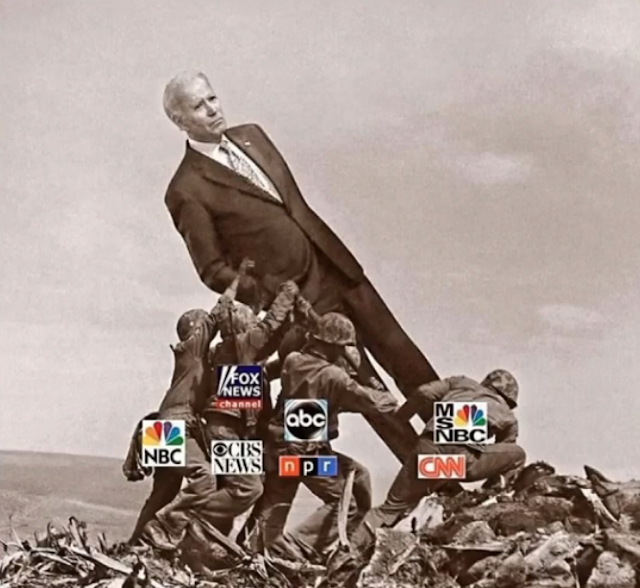RT Topic: What Trump’s Syrian withdrawal really reveals (by Stephen Cohen)
Excerpt:
"But, third, something larger than even anti-Trumpism plays a major role in condemnations of the president’s withdrawal decisions: imperial thinking about America’s rightful role in the world. Euphemisms abound, but, if not an entreaty to American empire, what else could the New York Times’ David Sanger mean when he writes of a “world order that the United States has led for the 73 years since World War II,” and complains that Trump is reducing “the global footprint needed to keep that order together”? Or when President Obama’s national-security adviser Susan Rice bemoans Trump’s failures in “preserving American global leadership,” which a Times lead editorial insists is an “imperative”? Or when General James Mattis in his letter of resignation echoes President Bill Clinton’s secretary of state Madeline Albright—and Obama himself—in asserting that “the US remains the indispensable nation in the free world”? We cannot be surprised. Such “global” imperial thinking has informed US foreign-policy decision-making for decades—it’s taught in our schools of international relations—and particularly the many disastrous, anti-“order” wars it has produced.
Finally, and potentially tragically, Trump’s announcement of the Syrian withdrawal was the moment for a discussion of the long imperative US alliance with Russia against international terrorism, a Russia whose intelligence capabilities are unmatched in this regard. (Recall, for example, Moscow’s disregarded warnings about one of the brothers who set off bombs during the Boston Marathon.) Such an alliance has been on offer by Putin since 9/11. President George W. Bush completely disregarded it. Obama flirted with the offer but backed (or was pushed) away. Trump opened the door for such a discussion, as indeed he has since his presidential candidacy, but now again, at this most opportune moment, there has not been a hint of it in our political-media establishment. Instead, a national security imperative has been treated as “treacherous.”
In this context, there is Trump’s remarkable, but little-noted or forgotten, tweet of December 3 calling on the presidents of Russia and China to join him in “talking about a meaningful halt to what has become a major and uncontrollable Arms Race.” If Trump acts on this essential overture, as we must hope he will, will it too be traduced as “treacherous”—also for the first time in American history? If so, it will again confirm my often-expressed thesis that powerful forces in America would prefer trying to impeach the president to avoiding a military catastrophe. And that those forces, not President Trump or Putin, are now the gravest threat to American national security."
Stephen F. Cohen, professor emeritus of politics and Russian studies at Princeton and NYU, and John Batchelor mark the fifth anniversary of their (usually) weekly discussions of the new US-Russian Cold War. (Previous installments are at TheNation.com.)
This article was originally published by The Nation.


Comments
Post a Comment